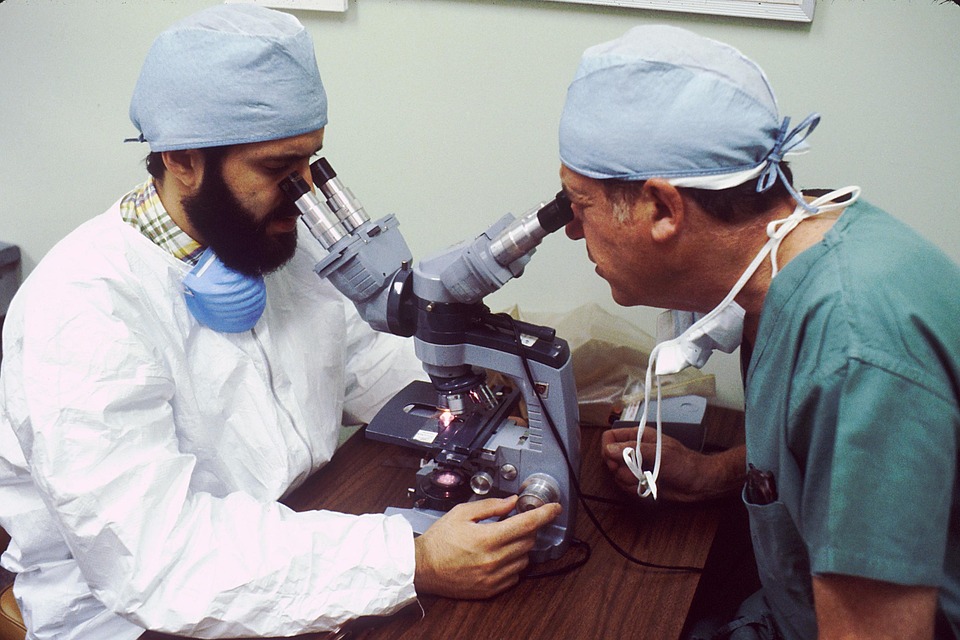Essential Skills and Responsibilities of Pathologists: A Shortage Occupation with Promising Career Prospects
Pathology, often dubbed the "silent science," is a critical yet oft-overlooked branch of medicine. Pathologists play a pivotal role in diagnosing diseases through the examination of tissues, cells, and bodily fluids. As the backbone of the diagnostic process, they ensure that patients receive the correct treatment and care. However, the profession is experiencing a notable shortage, which heralds an array of opportunities for aspiring pathologists.
The Core Competencies Required
-
Analytical Skills
Pathologists must possess an astute analytical mindset. Their ability to scrutinise microscopic images and identify subtle abnormalities can mean the difference between a correct diagnosis and a missed opportunity for treatment. The skill to draw conclusions from complex data sets is paramount, as they often work with a multitude of tests and results concurrently. -
Attention to Detail
In this field, a minute oversight can have significant ramifications. Pathologists must cultivate an unwavering attention to detail, ensuring that every aspect of a sample is examined. This meticulousness extends beyond the microscope; it encompasses the interpretation of data and the communication of findings to other healthcare professionals. -
Interpersonal Communication
While much of a pathologist’s work is solitary, effective communication is essential. They frequently liaise with clinicians to discuss cases and provide insights. The ability to convey complex information clearly and concisely can greatly enhance patient outcomes. Furthermore, as medical teams increasingly adopt multidisciplinary approaches, pathologists must be adept at collaborative dialogue.
Responsibilities Beyond Diagnosis
Pathologists are not merely diagnostic experts; their role extends into several vital areas:
-
Educating the Future
Many pathologists engage in teaching, sharing their expertise with medical students and residents. This educational component is crucial as it helps to cultivate the next generation of healthcare professionals, ensuring that the skills and knowledge of pathology are passed down. -
Conducting Research
A significant portion of pathology involves research. Pathologists often contribute to groundbreaking studies that can lead to innovative diagnostic methods or treatments. Their insights into disease mechanisms are invaluable, pushing the boundaries of medical science forward. -
Quality Assurance
Ensuring the accuracy and reliability of test results is a fundamental responsibility. Pathologists often participate in quality control, overseeing laboratory processes to maintain high standards in testing and diagnosis.
The Landscape of Career Prospects
Given the current workforce shortage, the prospects for pathologists are not just promising; they are burgeoning. With an ageing population and the increasing complexity of diseases, the demand for skilled pathologists is set to rise. Moreover, advancements in technology—such as telepathology and artificial intelligence—are revolutionising the field, creating new avenues for professional development and innovation.
The question arises: how can prospective pathologists position themselves advantageously in this evolving landscape? Gaining experience through internships, pursuing further specialisation, and staying abreast of technological advancements are crucial steps in navigating this path.
Embracing the Future
In summary, the role of a pathologist is multifaceted, demanding a unique blend of skills and responsibilities. As a profession facing a shortage, it presents a wealth of opportunities for those willing to delve into its intricacies. For anyone considering a career in this essential field, the future is undeniably bright.
Visajob.co.uk is here to support you on your journey in securing a position in the UK, particularly in roles that require sponsorship. Your path to a rewarding career starts with the right guidance and resources at your side.




